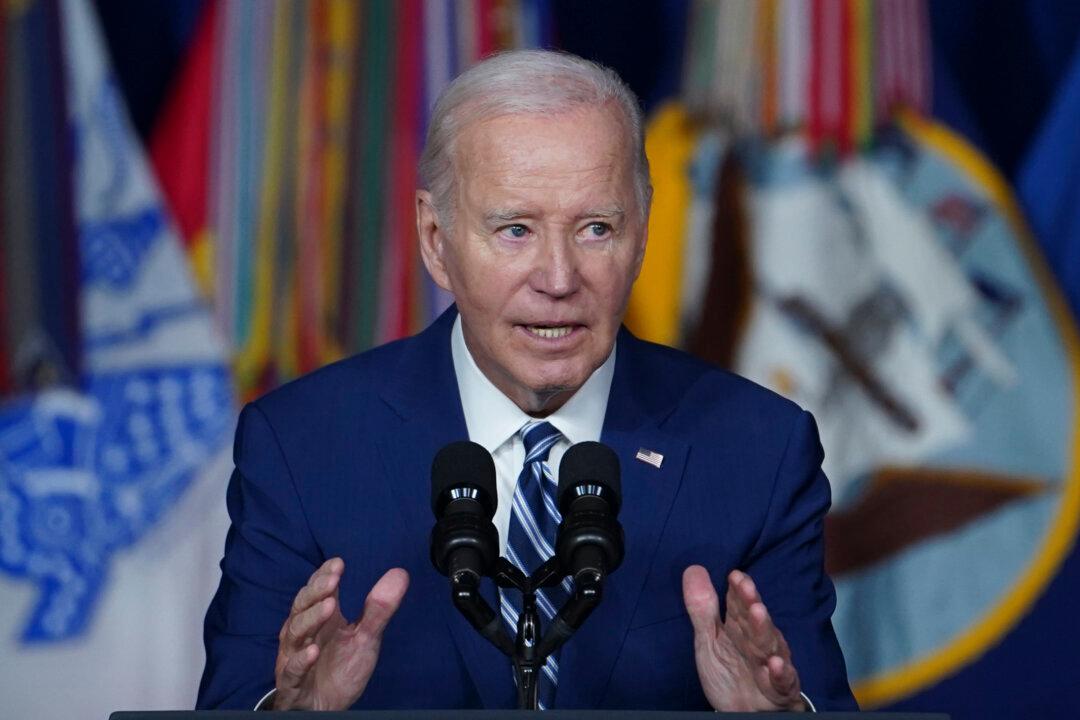The U.S. Solicitor General has asked the Supreme Court to review online content moderation laws brought by Florida and Texas—encouraging SCOTUS to strike down relevant portions of these laws that would restrict moderation on social media platforms.
The two laws passed in Florida and Texas prohibit social media companies from banning users based on political viewpoints. As such, they restrict the ability of platforms like Facebook, X (formerly Twitter), and YouTube to moderate content even if such content violates the terms and conditions of the website. Courts have been divided over the matter.





